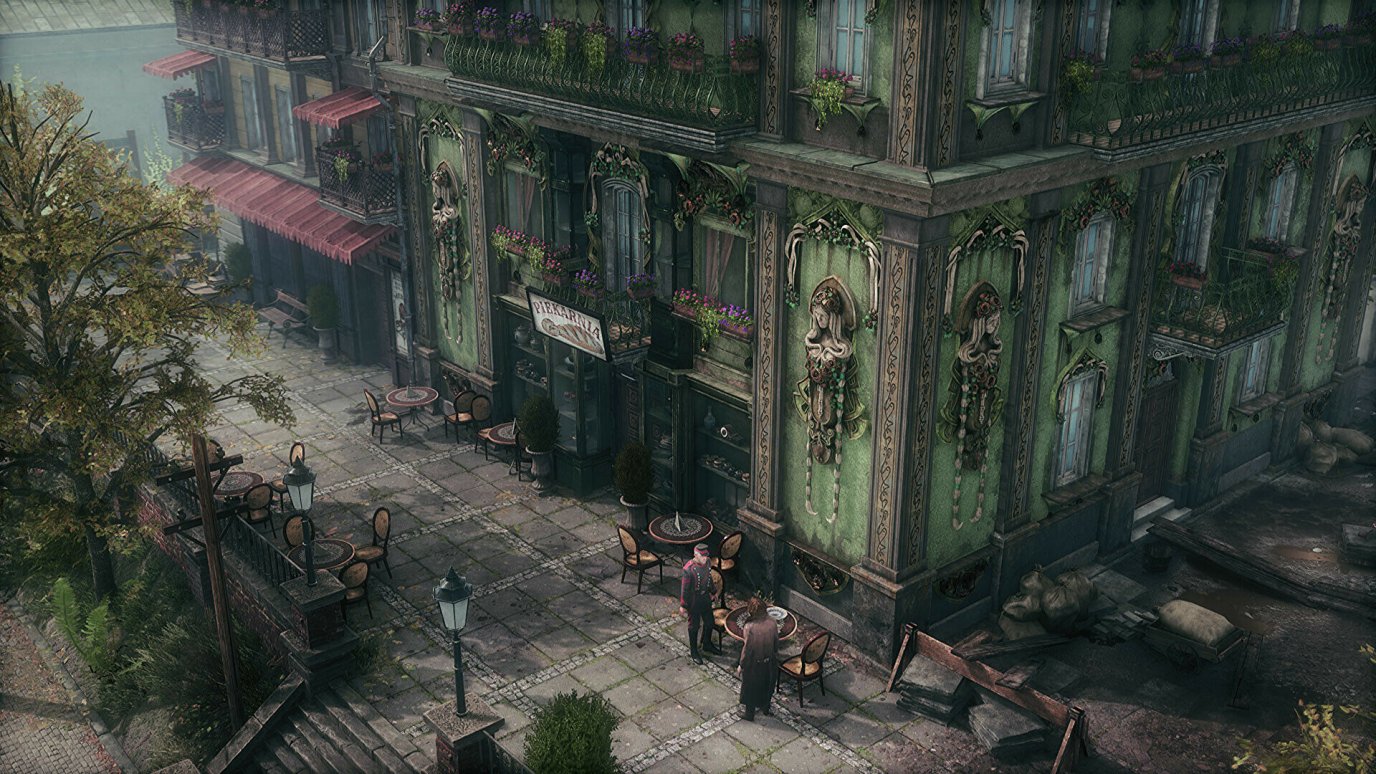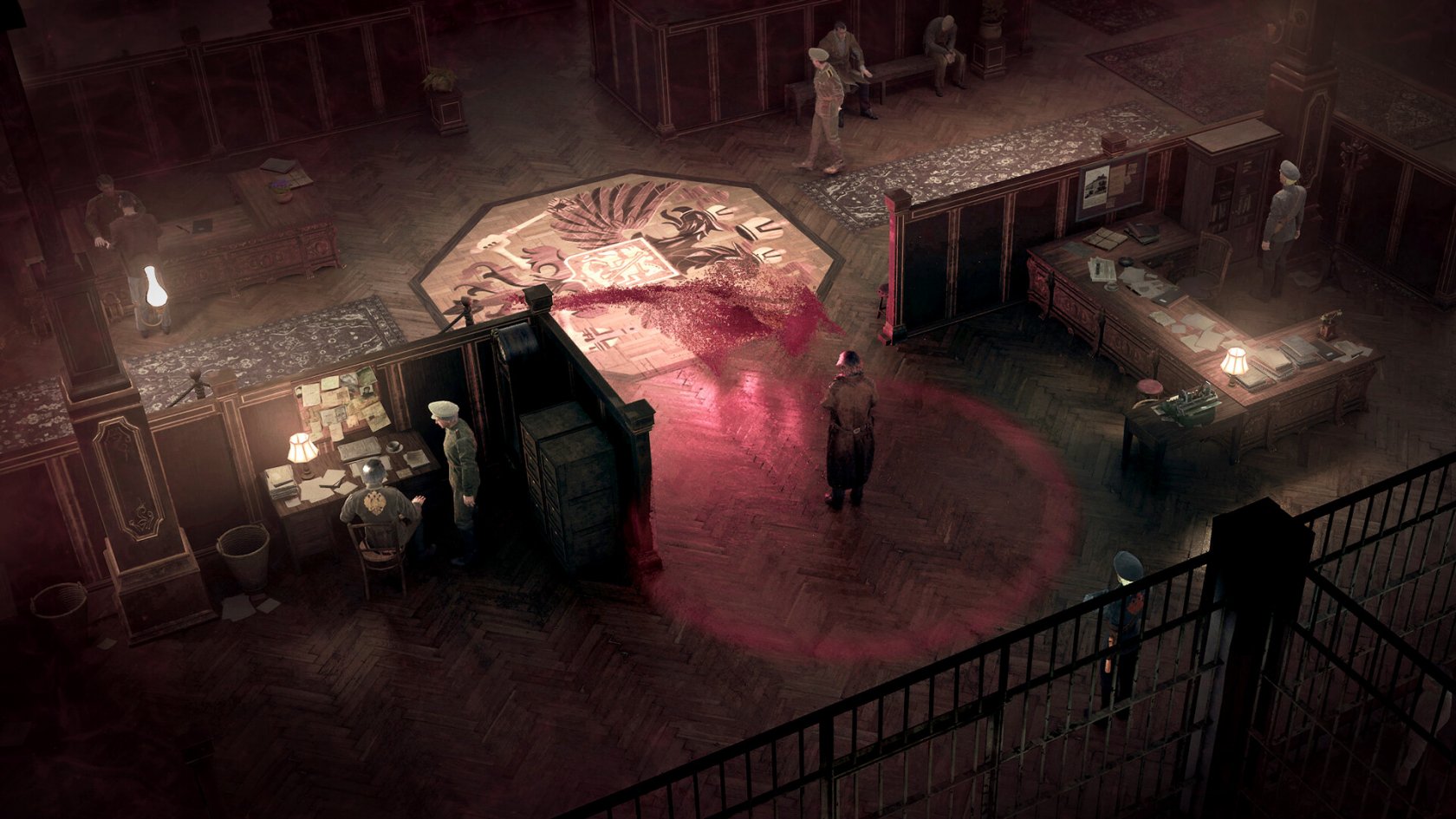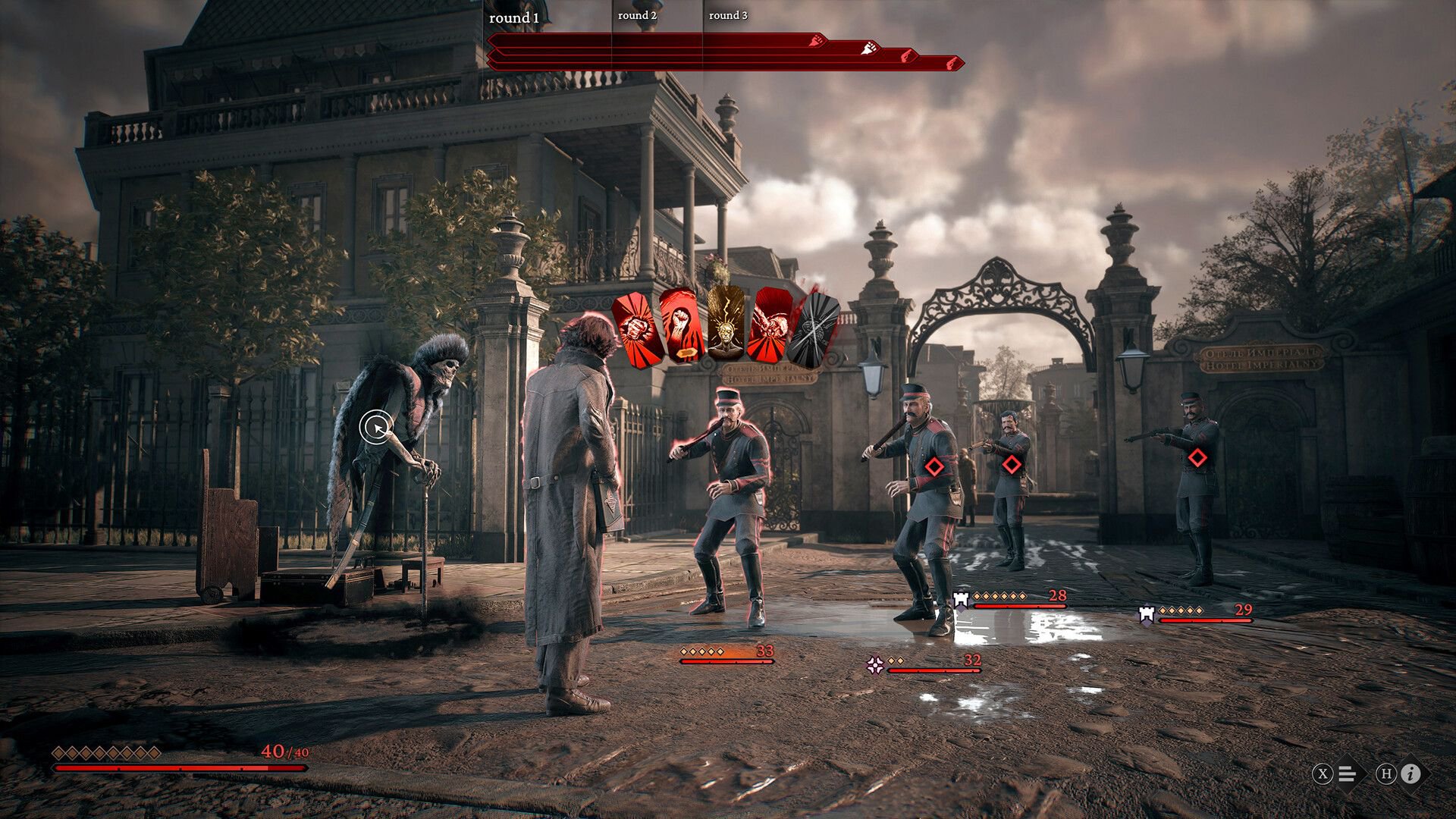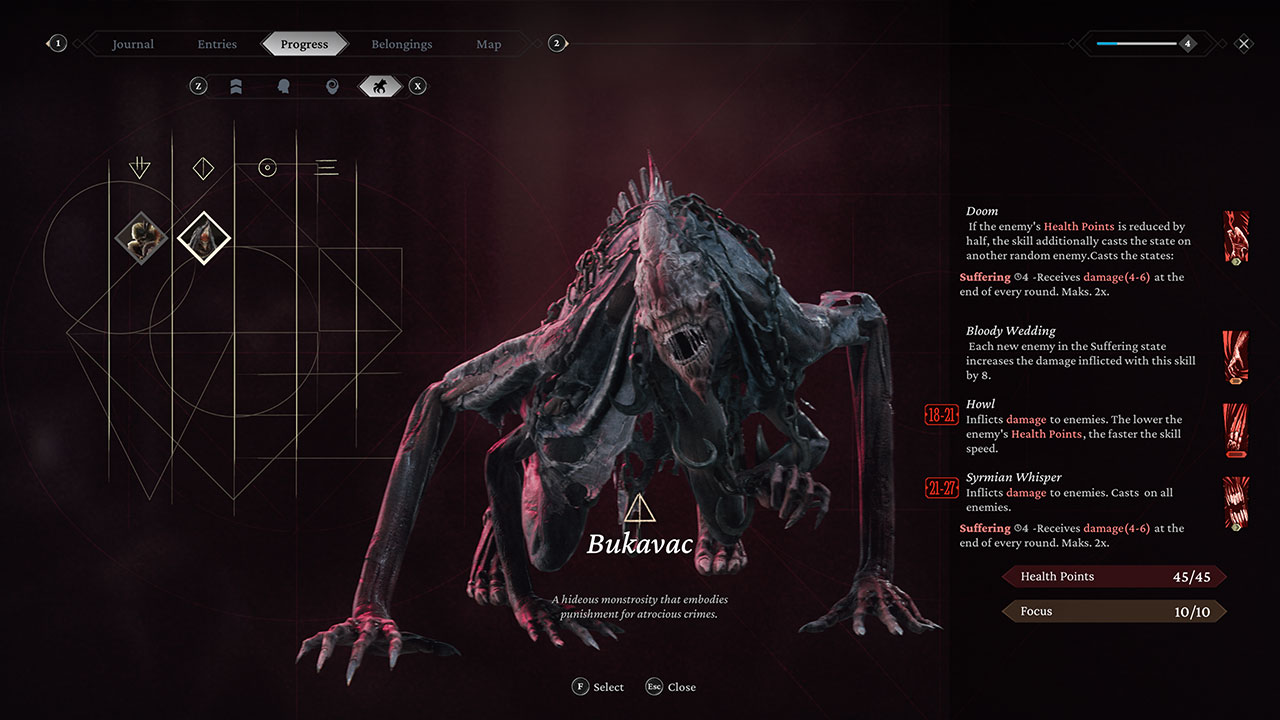Fool's Theory presents us with a interesting gamefresh but with an aftertaste of the past, the good one that we have liked and fascinated us for a long time: The Thaumaturge it's a Turn-based RPG with a strong dark fantasy component, set in a 20th century Poland, at the dawn of this extraordinary and mystical era to the right degree. In this review, we will experience the unfolding of the plot of The Thaumaturge without spoilers, and then take stock of the situation on the gameplay.

Investigator against Demons
Wiktor Szulski he is a miracle worker who lives in Poland in 1905: his peculiar characteristic is that of knowing how to communicate and, in some cases command, i Greetings, or the spirits that occasionally break the barrier between our world and theirs. Not everyone can see such Salutators, since to do so requires superior perception, but the effects of such presences are evident to all. Possessed people, absurd murders and disappearances of all kinds, fuel a superstitious population (already its own), providing material for considerable legends and myths.
Wiktor makes a pact with a demon named Upyr, gaining a symbiotic bond with his being that will help him in the missions to come. Starting from Warsaw, the dynamic duo will find themselves on the trail of increasingly powerful demonswith the aim of freeing the country from these curses.


In reality the plot of The Thaumaturge starts off in a banal way, but it reveals itself little by littleforcing the player to reflect on what the specific nature of a demon is, what its desires are, and how make peace with the latter – in fact – being the only way to get rid of it. The game mixes real places with folkloristic elements both Polish and Russian, and the atmosphere is undoubtedly winning.
Similar but different
The game allows us a fair amount of exploration, after all Wiktor is an investigator and has the right to ask questions during your investigation. To find useful clues he will resort to a sixth Sense, which will help him understand what to touch or not to touch in an area around him. Consequently, with each meeting and question, moral choices will arise which will bring about a more or less marked change in the protagonist, although here there is no real choice: you can ask questions to the NPCs, there are usually three or four, but the one that really moves the game forward is always and only one.
In fact, the story gives the illusion of having made choices, while putting the player on fixed tracks, straight towards the end of the game. Not that there is anything wrong, but we would have liked more attention to this side of the title. During the game you will actually be able to capture demonswho will then fight for you, as well as a series of allies (we won't go into detail for plot reasons).


As anticipated, the combat it's at shiftsin which you can choose which enemy to attack and how, without prejudice to the fact that the demon you have with you will have a rather central role in the fight and It will allow you an outrageous amount of special attacks, combining evil energy with your weapons and fists. The spectacularization of the combat is guaranteed, though the similarities with some titles already seen in the past are predominant.
Clashes may seem difficult for beginners of turn-based combat, but once you get into the rhythm between Salutor and Wiktor, we assure you that fighting will become a pleasure. Leveling up And expanding skills Wiktor will come up with several dialogue options that you otherwise wouldn't have seen: these can actually change the responses of the NPCs, and in some cases, avoid direct confrontation while still giving you access to the reward. In this sense, there is a choice of sorts, while basically the game continues towards a fairly obvious ending.


Could it have gone better?
The Thaumaturge is a game with a “ancient approach” but with many new elements. There's no point in beating around the bush: the creative team was largely inspired (perhaps even too much) by the mechanics and the intrinsic style of Persona 5. Not that there is anything wrong, but for those like myself who have literally lived for years on Atlus's little masterpiece, the similarities and the quotes they are obvious.
However The Thaumaturge maintains its own personality and, unlike the Japanese work, it corrects the aim on some aspects such as exploration and investigation, effectively making us feel as if we were really Sherlock Holmes at the turn of the century, complete with really interesting intrinsic abilities. Small negative note for our country is the total absence of Italian, not even for the lyrics. This can actually represent an obstacle, as the game is very discursive, and if you don't know the English language well you might feel little passion for a similar title.
#Thaumaturge #Review #occult #Sherlock #Holmes

